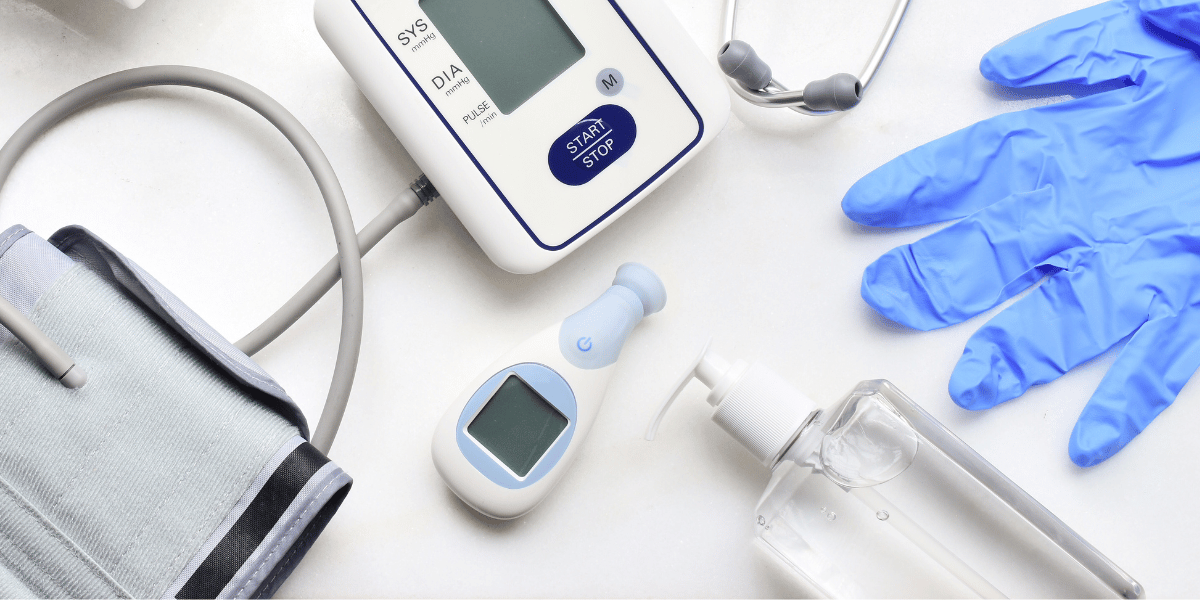
Imagine your job is to assemble furniture for people, but the furniture comes with all the pieces except the screws to hold everything together, so in order to complete the assembly, you used your own personal supply of screws.
At some point after assembling a certain number of pieces of furniture, you will have eventually run out of your own supply of screws.
When you take painkillers or anti-inflammatory medicine, such as Ibuprofen, Tylenol, Aspirin, etc., your body has to draw from its' own nutrient stores, and after prolonged use will eventually be depleted of those nutrients.
- All pain and anti-inflammatory medicine will deplete the body of folic acid (B9)
- Aspirin also depletes C, iron, and potassium
- Stronger pain meds, such as cortisone, hydrocortisone, and prednisone deplete C, D, calcium, magnesium, potassium, selenium, and zinc
The same is true of almost all medications and medicines
- Antacids can deplete B12, folic acid, D, calcium, iron, and zinc
- Antibiotics can kill good intestinal bacteria
- Cholesterol medicine can deplete Co-Q10
- Oral contraceptives deplete B1, B6, C, magnesium, calcium, potassium, zinc, sodium, as well as add cardiovascular inflammation!
Be careful when taking any medicines, whether they are prescription meds or over-the-counter remedies, whatever you take may be causing a nutrient deficiency that you need to take into account.
As always, consult with your physician before making any changes.

Healthcare vs Sickcare
In the labyrinth of our current healthcare system, individuals often find themselves entangled in a web of complexity. This system, more often than...

What It Takes to Become A Stark Naked Competitor
Any goal you set should be accompanied by a detailed plan on how to accomplish it. However, in order to create a plan, you have to know your...


.png?width=70&height=70&name=Stark_LogoMark%20(1).png)
 Stark
Stark
